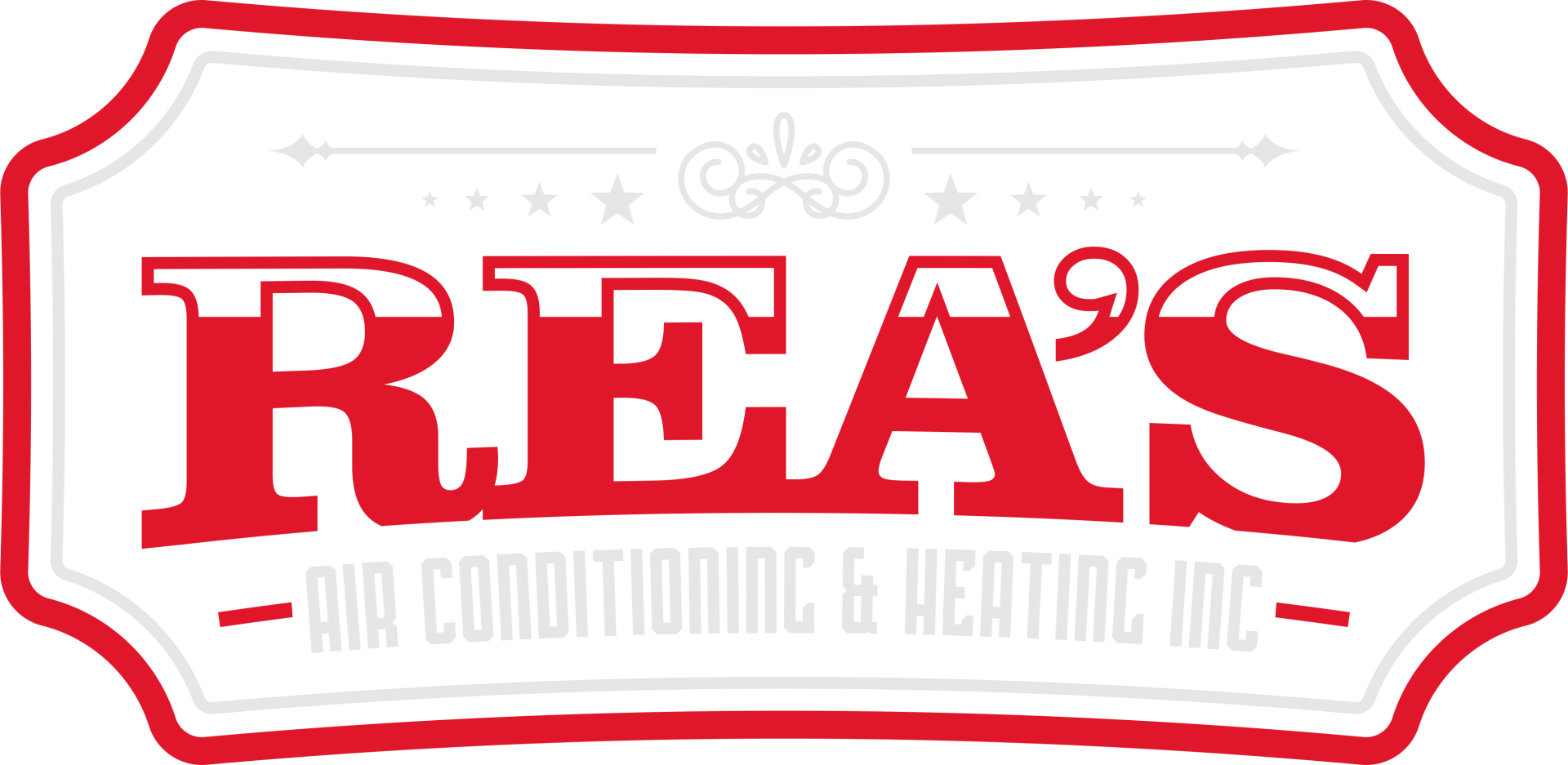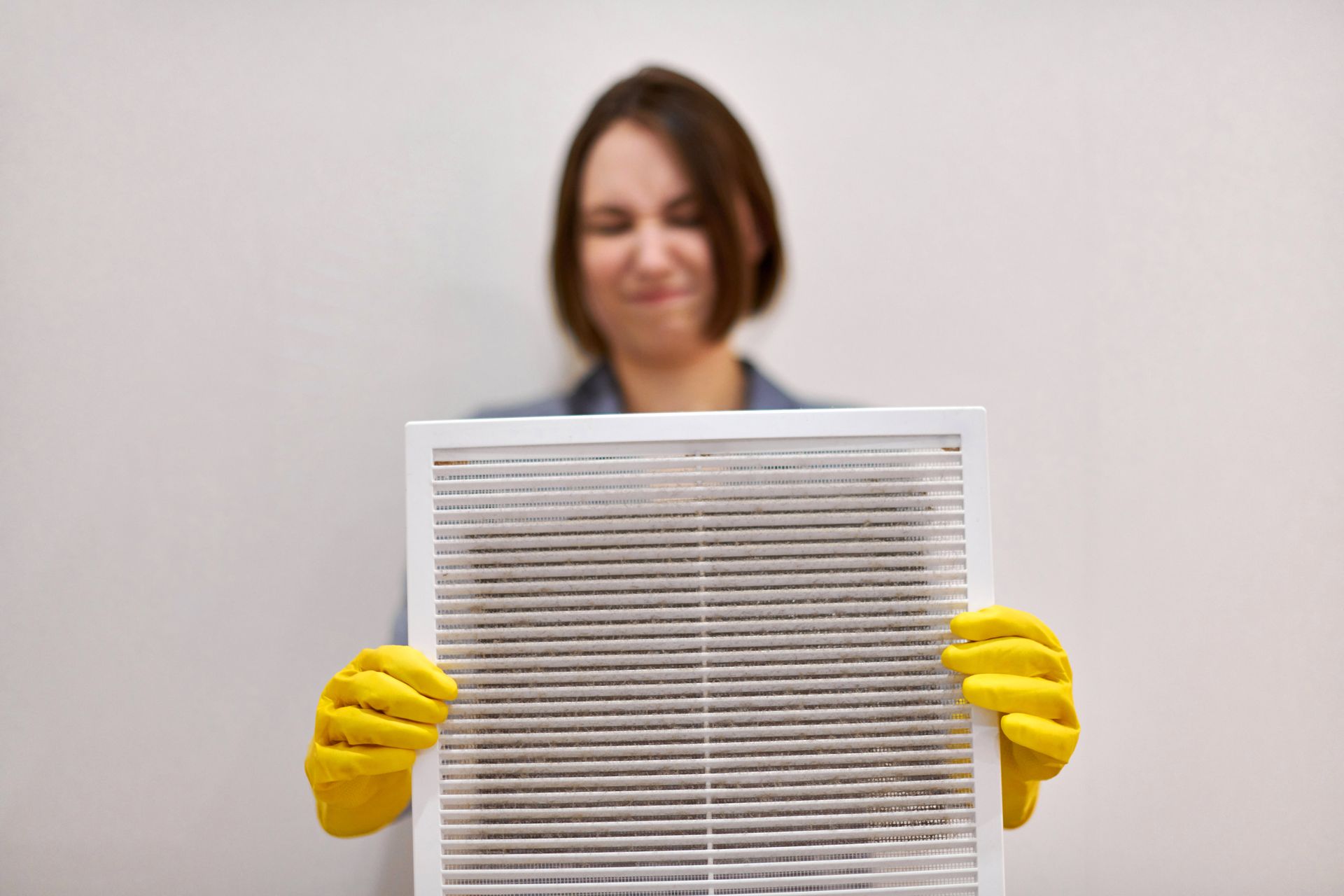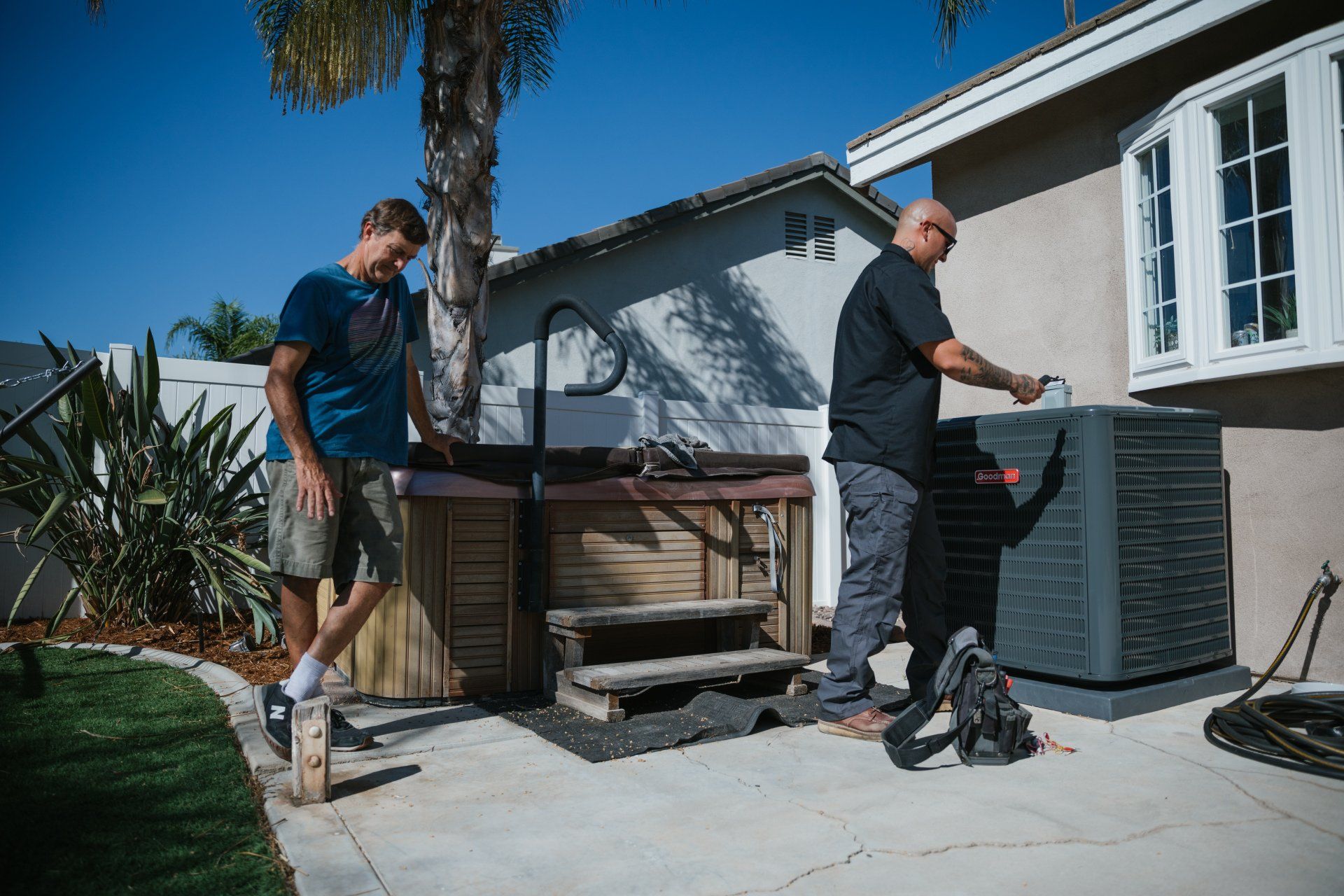Navigating HVAC Warranties: What Homeowners Need to Know
Investing in a new HVAC system or scheduling a major repair can be a significant expense for any homeowner. However, many homeowners overlook one crucial aspect of this investment: the HVAC warranty. Understanding and making the most of your HVAC warranty can save you money, provide peace of mind, and protect you from unexpected repair costs. In this post, we’ll explore the different types of HVAC warranties, explain the fine print, and offer advice on maximizing the benefits of your coverage.
Types of HVAC Warranties
When purchasing an HVAC system or scheduling repairs, it’s important to know that several types of warranties may apply. Here's a breakdown of the most common types:
1. Manufacturer’s Warranty
The manufacturer’s warranty is provided by the company that makes the HVAC equipment (such as the furnace, air conditioner, or heat pump). It typically covers defects in the materials or workmanship and lasts 5 to 10 years, depending on the manufacturer and model.
- Parts Warranty: This covers specific components of your HVAC system, such as the compressor, coils, or fan motor. It may not cover the cost of labor needed to replace defective parts.
- Compressor or Heat Exchanger Warranty: Some manufacturers offer extended warranties on major components, like the compressor or heat exchanger, which could be covered for 10-20 years or even the system's lifetime.
2. Labor Warranty
Unlike the manufacturer’s warranty, which usually covers parts only, the HVAC installer or contractor typically provides a labor warranty. Labor warranties cover the cost of labor associated with repairing or replacing defective parts. Labor warranties tend to be shorter, often lasting 1-2 years, though some contractors may offer extended warranties for an additional fee.
3. Extended Warranty
Many manufacturers or HVAC service providers offer extended warranties that allow you to prolong the coverage of parts or labor beyond the original term. These warranties can add several years to your protection and cover parts and labor, depending on the specific terms.
4. Service Agreement or Maintenance Contract
Some HVAC contractors offer service agreements or maintenance contracts. These contracts aren’t technically warranties but can cover annual tune-ups, inspections, and minor repairs. Some service agreements may include priority service or discounts on labor and parts.
Key Points to Understand About Your HVAC Warranty
1. Registration Requirements
Most HVAC manufacturers require homeowners to register their system within a specific time frame—typically within 60 to 90 days of installation—to activate the full warranty. If you fail to register your equipment, you may only receive the base warranty coverage, usually shorter.
Tip: Don’t forget to register your HVAC system after installation. This ensures you receive the full manufacturer’s warranty.
2. Regular Maintenance is Crucial
Many HVAC warranties are contingent on regular mainte
nance. Your warranty may be voided if you don’t maintain your system, such as scheduling annual tu
ne-ups and cleaning or replacing filters. Keeping your system in good working condition ensures efficiency and protects your warranty rights.
Tip: Keep a record of all maintenance visits and receipts, as these can be required in the event of a warranty claim.
3. Authorized Service Providers Only
HVAC manufacturers often require that any repairs or warranty work be performed by an authorized technician. Using a contractor who is not certified by the manufacturer may void the warranty. Always check that your service provider is authorized before scheduling repairs or maintenance.
Tip: Work with the contractor who installed your HVAC system or ask for a list of authorized service providers from the manufacturer.
4. Warranty Exclusions
Be sure to read the fine print of your HVAC warranty. Some warranties exclude certain types of repairs, such as improper installation, failure to follow operating instructions, or external factors like power surges. Additionally, cosmetic damages (such as rust or fading) are generally not covered.
Tip: Familiarize yourself with the exclusions and limitations of your warranty to avoid surprises in the event of a repair.
5. Transferring Your Warranty
If you plan to sell your home, check whether the HVAC warranty is transferable to the new homeowners. Some warranties can be transferred, while others may require a fee or may only apply to the original owner.
Tip: Transferring the warranty can add value to your home when selling, as it reassures the buyer that the HVAC system is protected.
How to Make the Most of Your HVAC Warranty
1. Keep All Documentation
Keep a dedicated file for all your HVAC paperwork, from installation receipts to maintenance and repairs records. Easy access to this documentation can expedite warranty claims and ensure you’re not denied coverage due to lack of proof.
2. Schedule Regular Maintenance
Staying on top of regular maintenance, such as cleaning or replacing filters, checking refrigerant levels, and inspecting ductwork, will keep your system running efficiently and prevent warranty-related issues.
3. Review Warranty Coverage Before Repairs
Before scheduling any major repairs, check whether the part or service is covered under warranty. If it is, make sure to use an authorized service provider. Even if the warranty covers only parts and not labor, this can save you significant repair costs.
4. Consider an Extended Warranty
An extended warranty might be worth the investment if you plan to stay in your home for many years. It provides added peace of mind and can save you from out-of-pocket expenses in the event of a major breakdown.
Conclusion
Navigating HVAC warranties doesn’t have to be overwhelming. By understanding the different types of warranties, staying on top of maintenance, and keeping thorough records, you can make the most of your HVAC warranty and ensure your system stays covered. Whether installing a new system or maintaining an existing one, being informed about your warranty options will help you protect your investment and keep your home comfortable for years to come.






